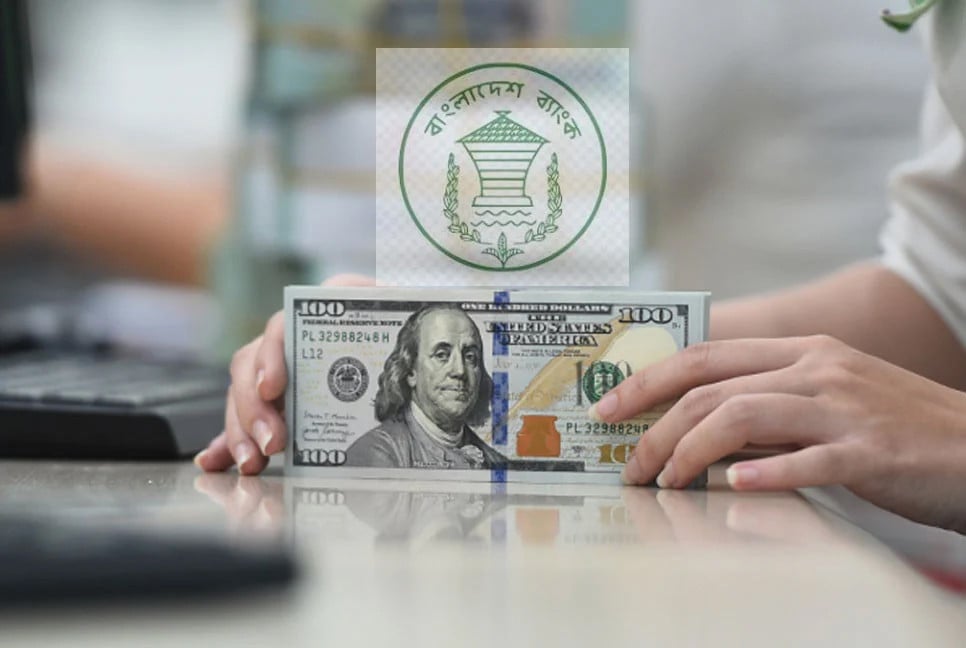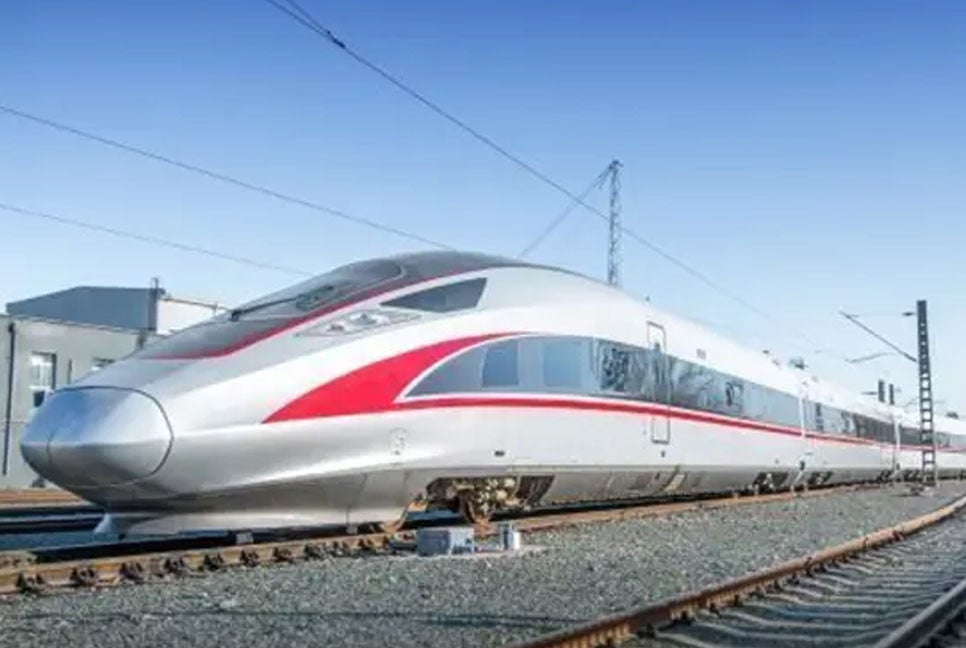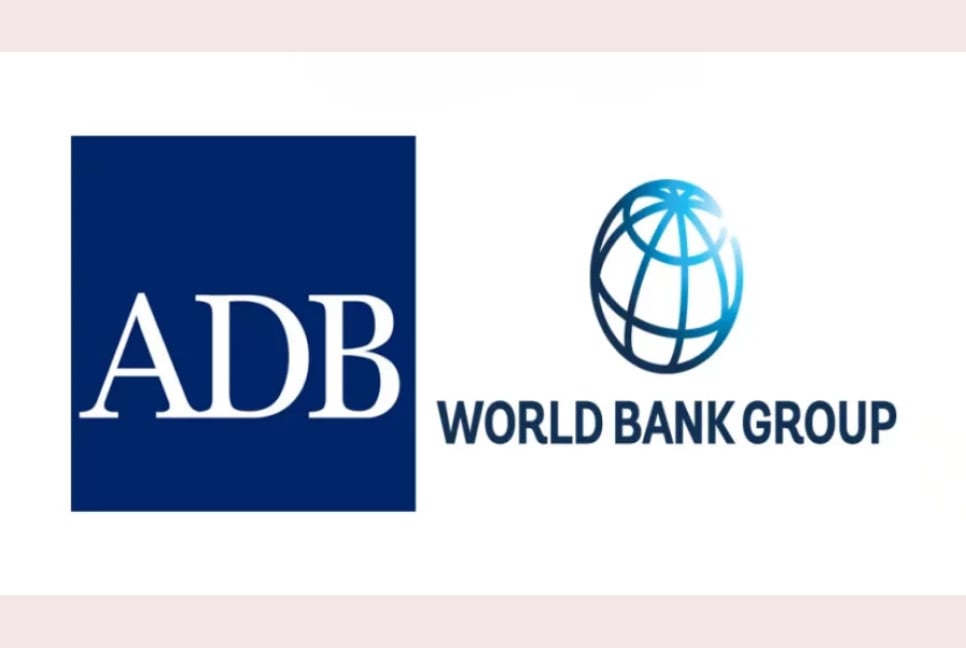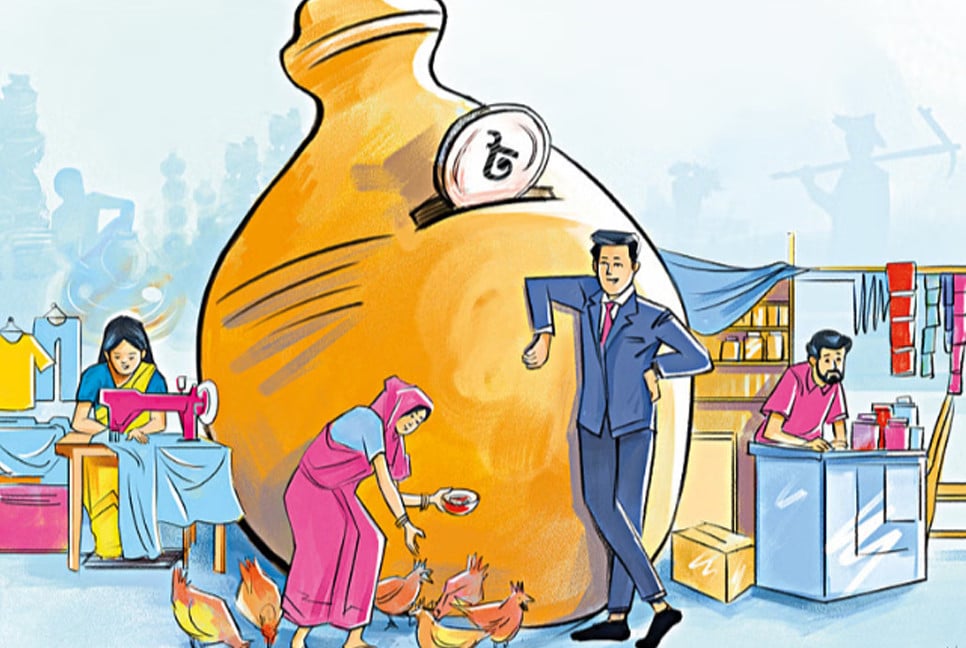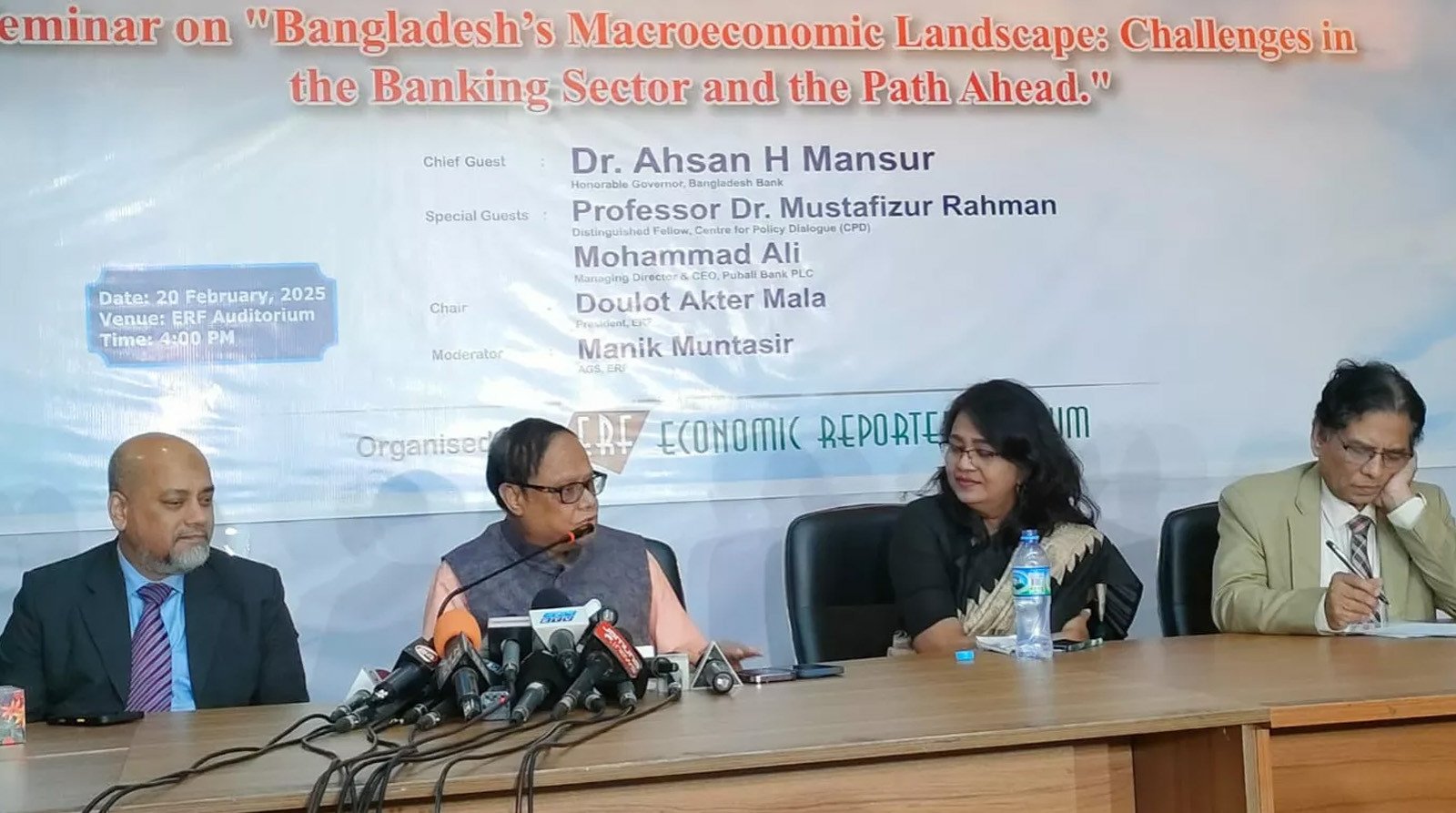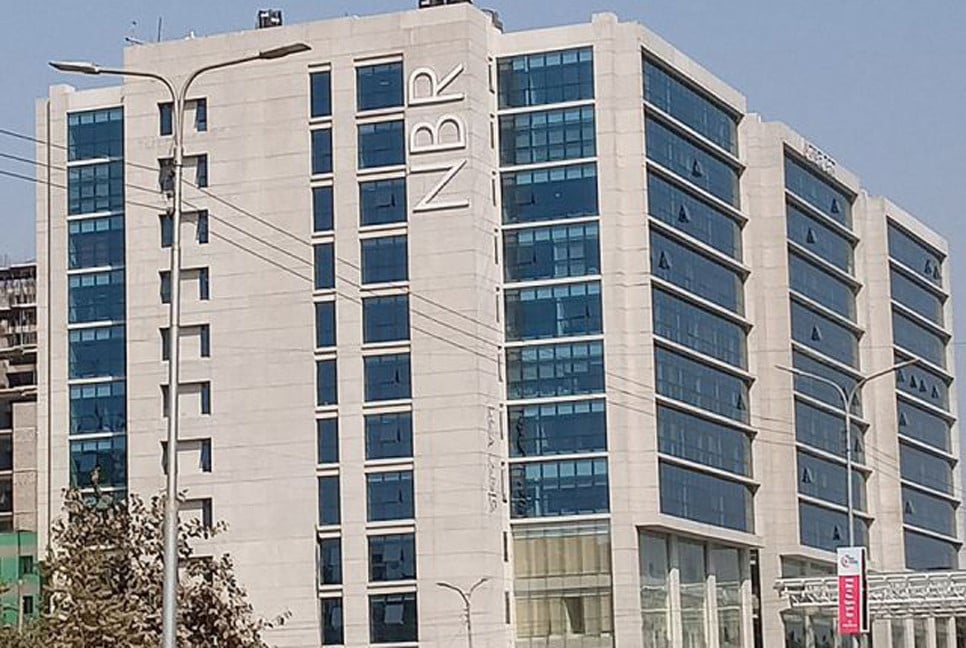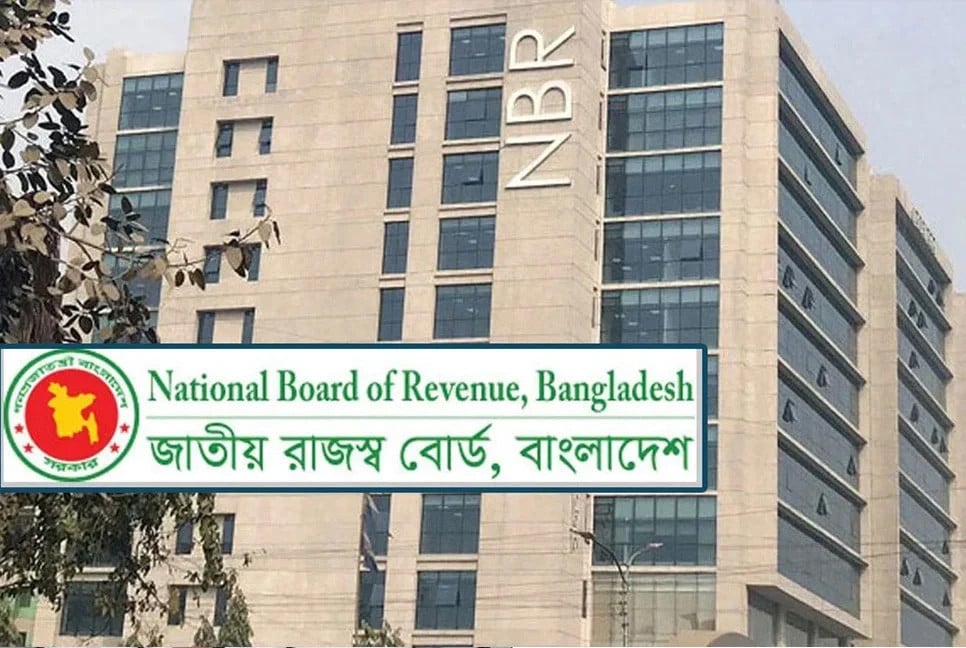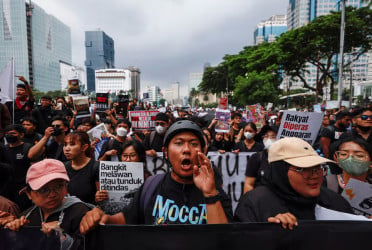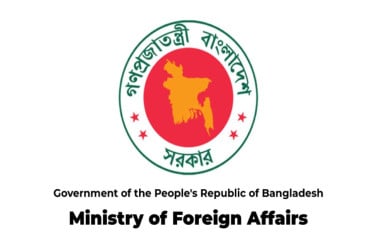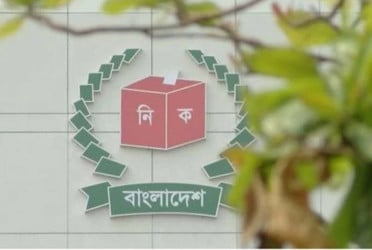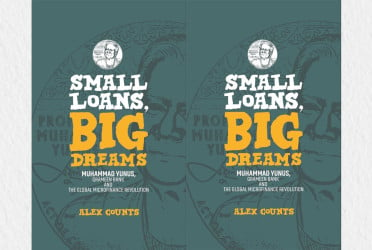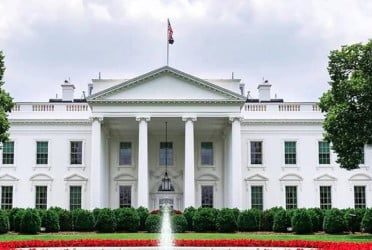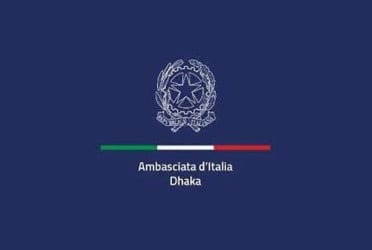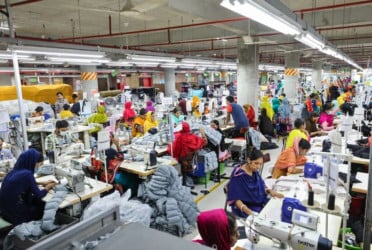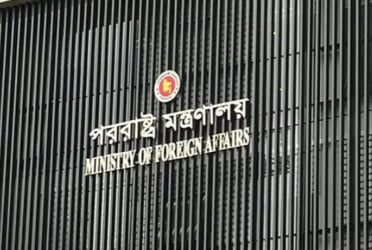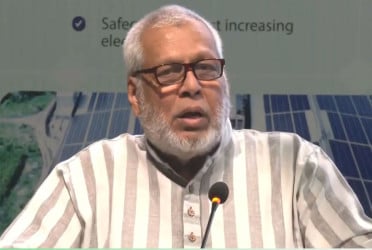Economists and business leaders have raised concerns that the overvaluation of the taka, compared to the currencies of Bangladesh’s trade partners, may negatively impact the country’s key foreign exchange sources—exports and remittances. While these sectors have contributed to foreign currency earnings, Bangladesh is currently facing the challenge of boosting its reserves.
According to data from Bangladesh Bank, the Real Effective Exchange Rate (REER), a key indicator of currency valuation, rose from 100.9 in September 2024 to 102.97 in October and reached 104 in November. This suggests a diminishing ability of the Bangladeshi taka in international trade.
Experts in the banking sector believe that if inflation is brought under control in the coming months, pressure on the REER may ease.
However, they caution that the overvaluation of the taka could have a negative impact on exports.
Bangladesh Bank officials have suggested that the current exchange rate of 120 taka per dollar may require adjustment in the future.
They announced that the crawling-peg system will be further relaxed starting January 12, with exchange rate information being published twice daily. This shift is expected to help bring the Real Effective Exchange Rate (REER) closer to 100, potentially benefiting exports and remittances.
According to data from the Bangladesh Bureau of Statistics (BBS), inflation rose to 11.38% on a point-to-point basis in November, the highest in recent months, compared to 10.87% in October.
Experts suggest that high inflation has significantly contributed to the instability of the Real Effective Exchange Rate (REER).
The REER is a crucial indicator for determining the balance value of a country's currency. A REER below 100 enhances export competitiveness and makes imports costlier, while a REER above 100 has the opposite effect.
Key trading partners of Bangladesh, including China, the European Union, and India, play a critical role in the REER calculation.
The Real Effective Exchange Rate (REER) is calculated based on the currencies and inflation rates of Bangladesh's top 15 trading partners. Economists have warned that the current REER level is undermining the competitiveness of Bangladeshi products in the global market.
Dr M Masrur Reaz, Chairman of Policy Exchange Bangladesh, stated that the REER is negatively affecting export earnings and stressed the need for stability in the foreign exchange market.
While the country enjoyed favorable conditions in recent months, Dr Reaz noted that the situation is now becoming unstable, which could further diminish export revenues.
He attributed the rise in the REER to higher inflation in Bangladesh compared to its trading partners and relaxed import policies, which have increased demand for dollars.
However, he remains optimistic that inflation will ease as prices for essential goods, particularly daily necessities, begin to fall.
The recent production of winter vegetables has helped stabilize the market, though many locally produced and imported goods remain costly. Experts have pointed to weak market management as a key factor behind this issue.
Translated by ARK/Bd-Pratidin English

